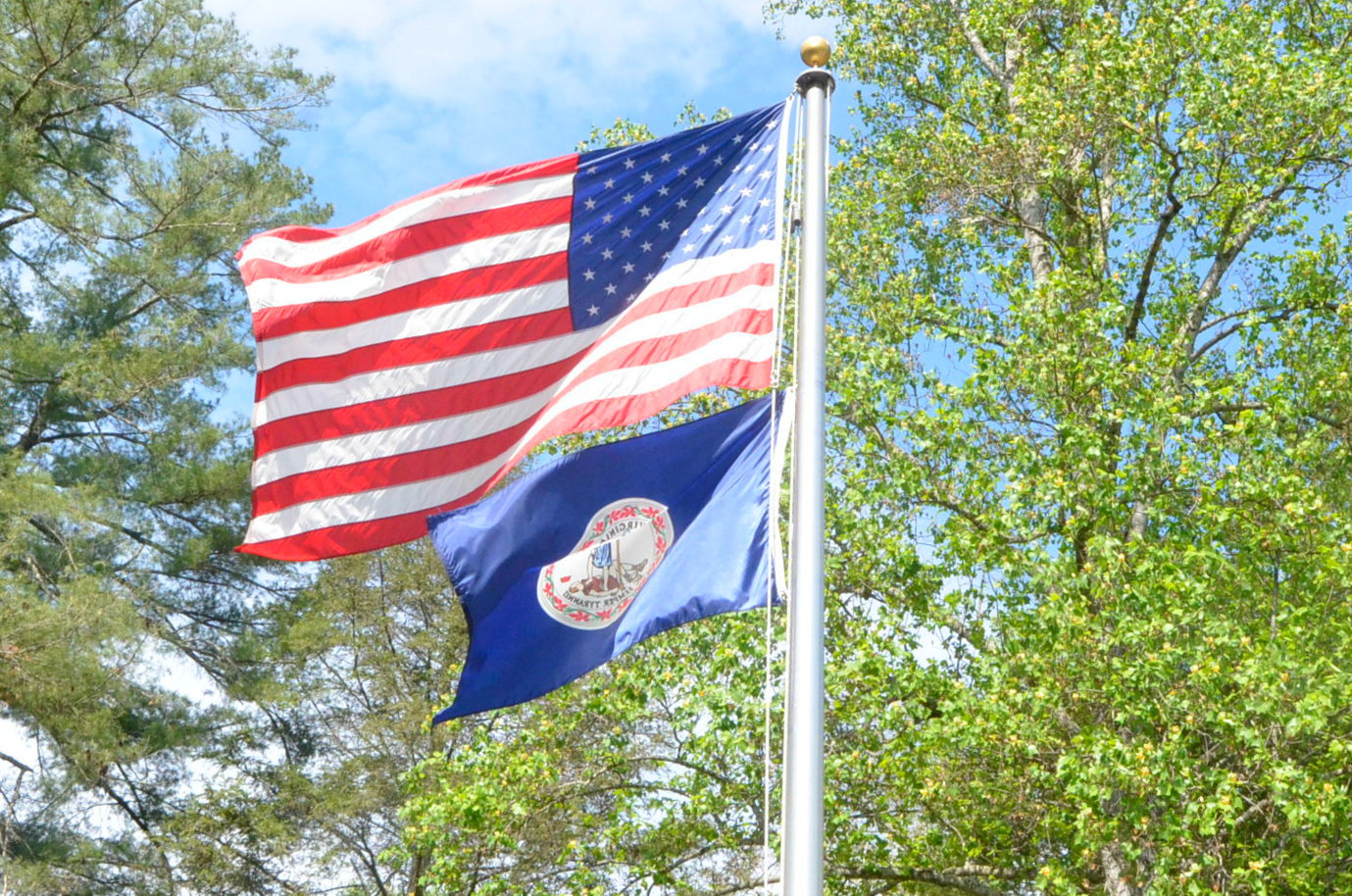If you’re looking for an affordable way to have an adventure in the French countryside this summer, try Martin Walker’s latest Bruno Courrèges novel, The Devil’s Cave. Set in a fictional Dordogne village called St Denis, this leisurely whodunit strikes a captivating balance between suspense and delight.
The Devil’s Cave is Walker’s fifth novel in the series, but the plot is self-contained enough to welcome newcomers. Bruno, St Denis’s chief of police, is enjoying a church choir rehearsal when he receives word that a villager has spotted a naked woman’s body floating down the river in a boat. Her death is presumed a suicide, but a pentagram on her stomach suggests something more wicked. Meanwhile, the town is up in arms over a proposal to build a resort nearby. Is the devil at work in St Denis? Or has this real-estate war turned bloody?
Compared with today’s grisly Scandinavian crime fiction, the novel’s violence and sex are refreshingly muted. Yes, bodies turn up, but Walker’s characters tend to perish outside the narrative. And when Bruno congratulates himself for putting clean sheets on the bed after a teasing kiss from his lover, it doesn’t take much to imagine what’s going to happen later that evening.
Walker—a former Guardian reporter and now senior director at the Global Business Policy Council, a think tank in Washington—divides his time between the US and the region where the novel is set. He breaks from the plot in several instances to celebrate rustic dishes, such as poulet bière au cul, or beer-can chicken, and tourain, a soup made from duck stock, garlic, salt, stale bread, and eggs.
Perhaps The Devil’s Cave’s greatest pleasure is in watching the deliberate, determined way the police chief works. “You’re a strange person, Bruno,” a friend tells him. “I’ve never known anyone so sure that there has to be a solution to everything, if we can only find it.”
This article appears in the August 2013 issue of The Washingtonian.

Publisher:
Knopf
Price:
$24.95

















